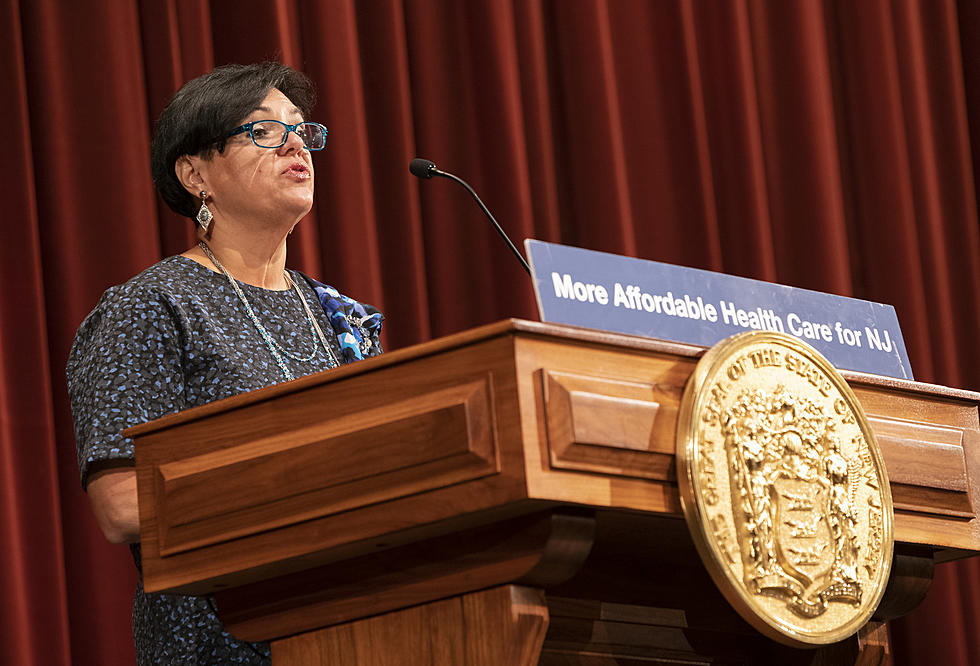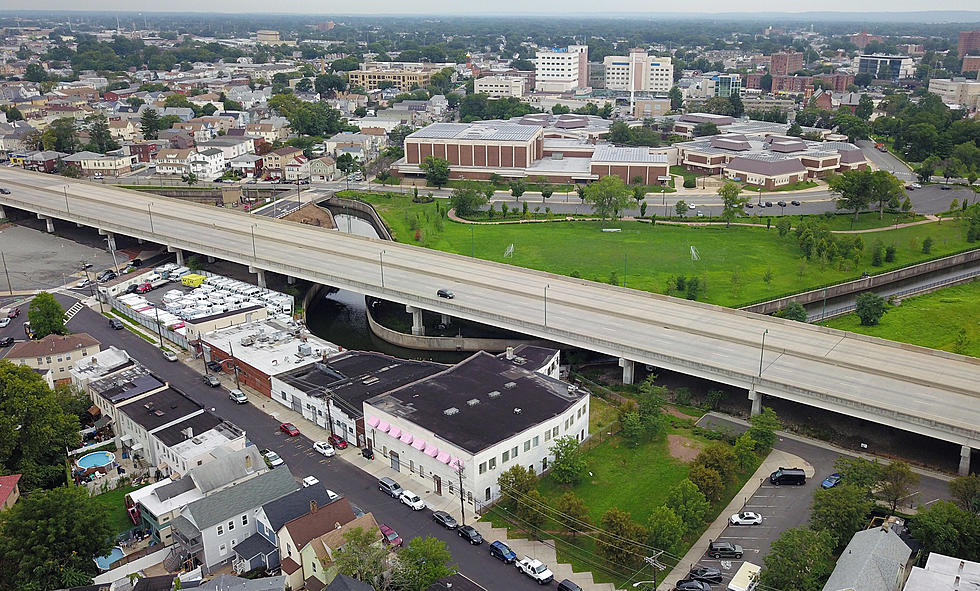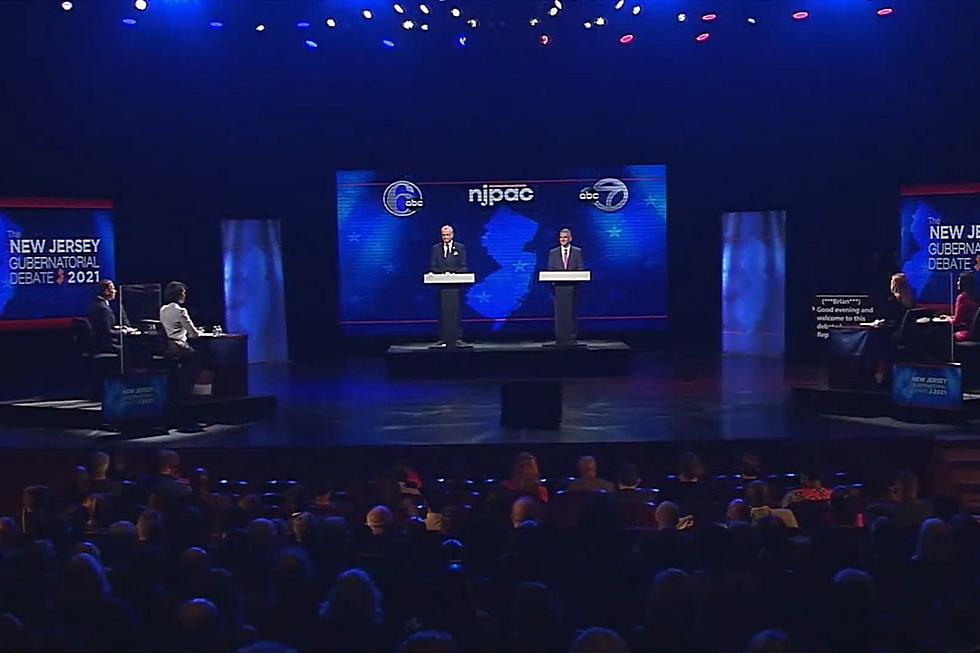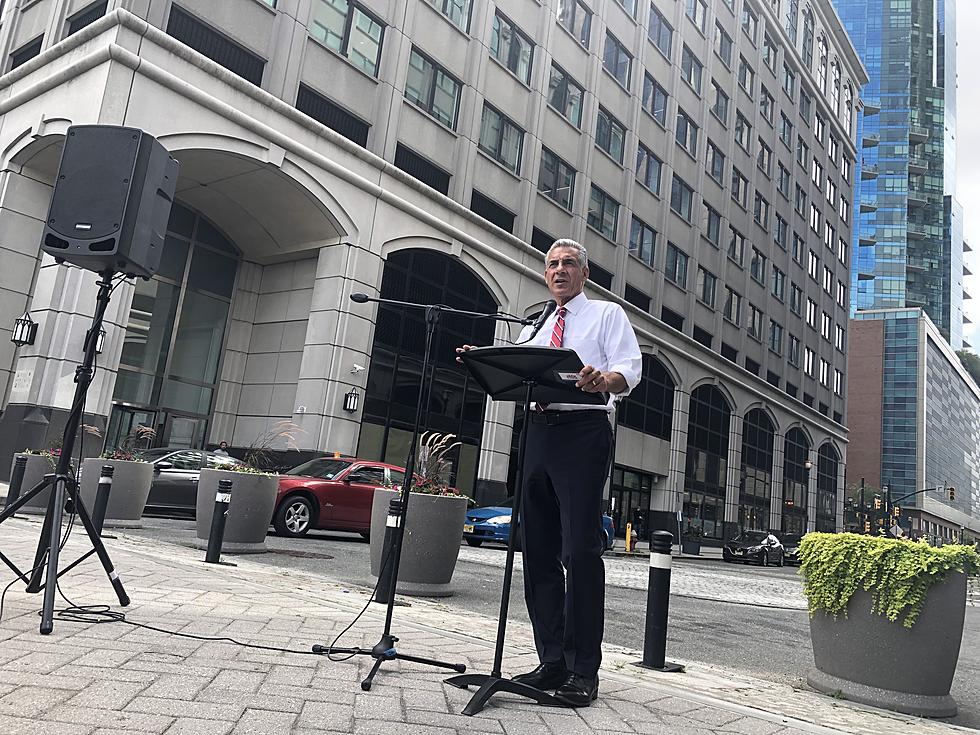
All eyes on Christie’s school aid plans for NJ’s 2018 budget
TRENTON — Nine legislative hearings on school aid wrapped up Thursday, eight months after Gov. Chris Christie pitched a major overhaul that would equalize per-pupil funding across all districts, regardless of a community’s wealth or poverty.
The next step could come Tuesday, when Christie outlines his 2018 budget proposal to lawmakers. Advocacy groups and some Democrats worry he might include his proposal – which could throw local budget adoptions into disarray, even if lawmakers ultimately don’t go along.
“New Jersey is one of the most affluent states in the country, yet we are still in 2017 one of the most segregated states in the country. This proposed fairness funding formula will exacerbate that that much more,” said East Orange Mayor Lester Taylor.
Jody Demas, of Palmyra, an organizer for Save Our Schools New Jersey, said Christie’s budget ought to fully fund the school-aid formula for the first time since 2008.
“Our constitution requires we provide a thorough and efficient system of free public schools for all children. Nowhere there does it say inequitable, and it doesn’t say inexpensive,” Demas said.
Christie, appearing last week on New Jersey 101.5’s "Ask the Governor," said “stay tuned” when asked whether he would include his “Fairness Formula” proposal – $6,599 in aid per child in all districts – in his 2018 budget proposal, the last he’ll make as governor.
By Thursday, Christie’s Department of Education will notify districts of how much aid to expect in the budgets they’d have to adopt in May. Layoff notices, if needed, would go out by May 15. The state’s final budget wouldn’t be adopted until around June 30.
Thomas Puryear, vice chairman of the statewide education committee for the NAACP New Jersey State Conference, said the Legislature should move to block Christie in court, if needed.
“If the governor in his upcoming budget address proposes his fairness formula, our legislators should immediately invoke the appropriate legal actions before teacher layoffs and curriculum modifications become a reality,” Puryear said.
Meanwhile lawmakers say they’re optimistic some changes will be made to school aid.
Assemblywoman Marlene Caride, D-Bergen, the chairwoman of the Assembly Education Committee, said information learned at the hearings would be used to tweak but not dismantle the school funding formula.
“A compromise? I could see that happening because we do have towns that are suffering,” Caride said.
“I’m praying that all schools get the adequate funding that they need,” said Assemblywoman Angela McKnight, D-Hudson. “If not fully, because we know there’s a deficit, there’s something. And then next year there’s more. Then the following year there’s more. So there’s a starting point and there’s a goal to ensure that all schools are fully funded.”
Assemblyman Robert Auth, R-Bergen, says an election year is “the best time” for a breakthrough.
“It depends on what areas press their legislators hard enough,” Auth said. “And if suburban legislators, if they’re being pressured to make some changes, so they’ll be able to convince or get their Democratic counterparts from the urban areas to come up with some sort of compromise.”
“If we’re not careful there will be enough people that will be upset and they’ll just change the entire complexion of the Legislature,” Auth said. “So that might scare some of the political folks to get on the stick and start moving.”
Assemblyman David Rible, R-Monmouth, said Christie’s proposal and Senate President Stephen Sweeney’s plan – phasing out adjustment aid over five years, lifting enrollment caps, making all districts equally underfunded and then adding money for a few years – started a great conversation.
“The governor’s plan I thought was a great plan to start off of. It brings to my district real, real property tax relief while providing good funding results,” Rible said. “But, as all legislation, it’s a starting point.”
Caride said she hasn’t heard from anyone supportive of Christie’s plan.
“One of the things that I have learned throughout my hearings is that I’m hard-pressed to find anyone that agrees that the governor’s fairness formula is fair. I have not heard of anyone that has backed it up during these hearings, and it’s been open to the public,” Caride said.
New Jersey: Decoded cuts through the cruft and gets to what matters in New Jersey news and politics. Follow on Facebook and Twitter.
Michael Symons is State House bureau chief for New Jersey 101.5 and the editor of New Jersey: Decoded. Follow @NJDecoded on Twitter and Facebook. Contact him at michael.symons@townsquaremedia.com.
More From New Jersey 101.5 FM









